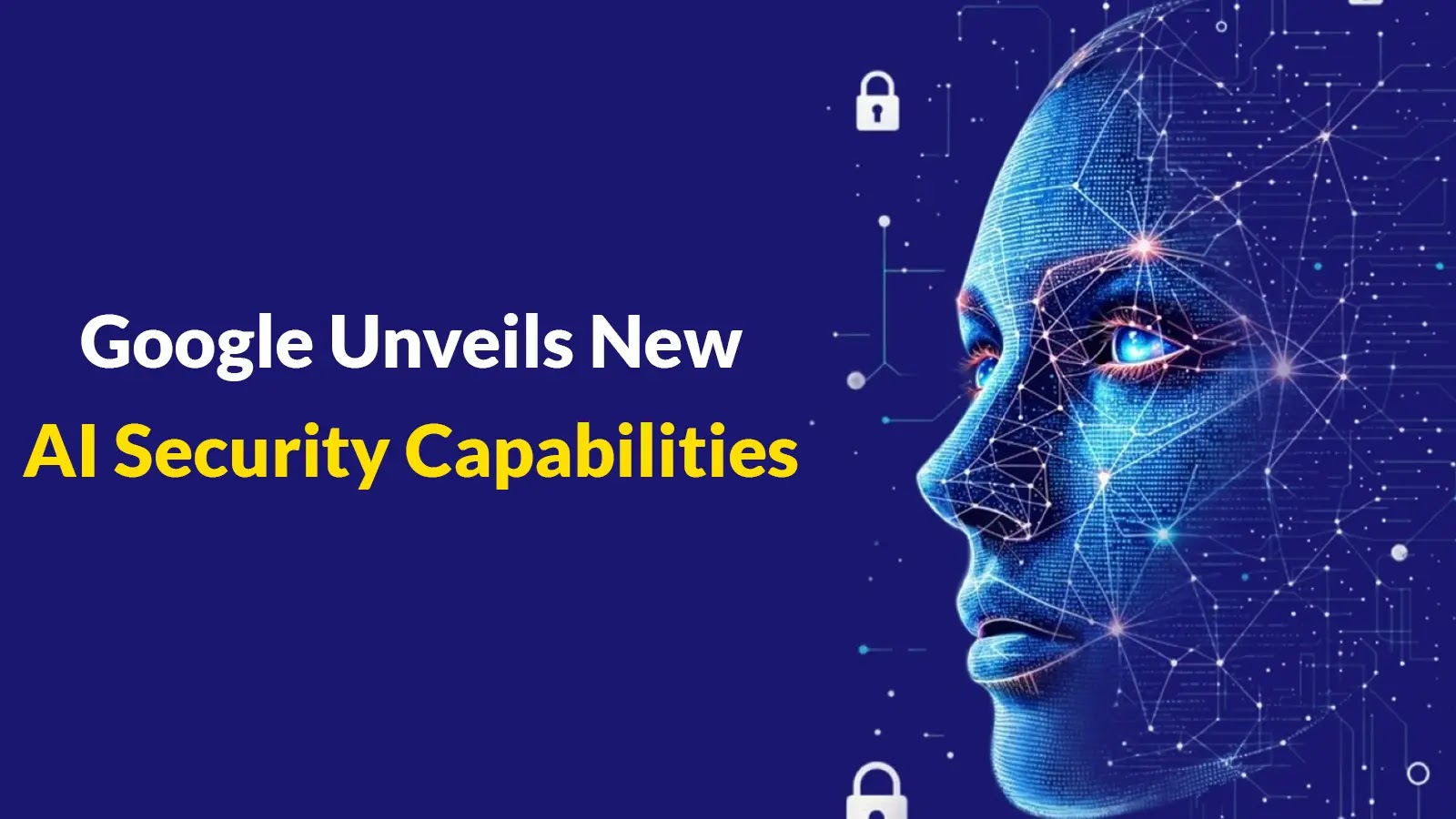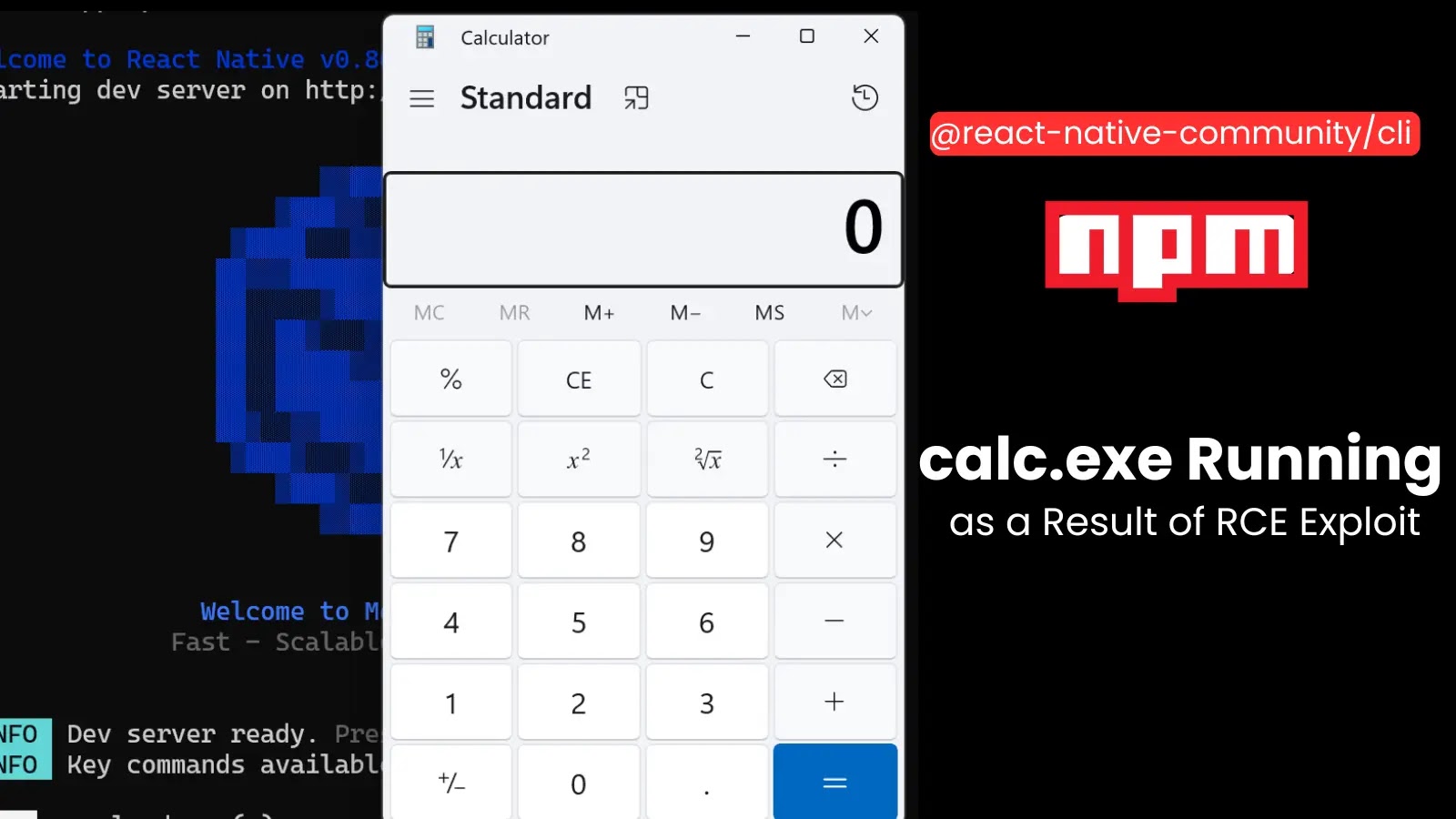At the Security Summit 2025, Google Cloud introduced a comprehensive suite of security enhancements aimed at strengthening enterprise AI security frameworks. These advancements focus on two pivotal areas: safeguarding AI innovations within organizations and equipping cybersecurity teams with AI-driven defensive capabilities.
Transitioning to Proactive Security Models
Google’s vision centers on developing an agentic security operations center (SOC), where AI agents collaborate to achieve shared security objectives. This approach signifies a shift from traditional reactive security models to proactive, agent-supported defense strategies.
The platform utilizes optimized data pipelines, automated alert triage, investigation processes, and response mechanisms to streamline detection engineering workflows, effectively addressing coverage gaps in existing security infrastructures.
Addressing Key Security Challenges in AI Deployments
Google Cloud analysts have identified three primary security challenges in modern AI deployments:
1. Agent Discovery and Inventory Management: The rapid adoption of AI agents across various environments has led to new attack surfaces. To mitigate this, Google has expanded AI agent inventory capabilities within the Security Command Center. This enhancement provides automated discovery of AI agents and Model Context Protocol (MCP) servers, enabling security teams to identify vulnerabilities, misconfigurations, and high-risk interactions efficiently.
2. Real-Time Protection Against Runtime Threats: The introduction of Model Armor’s extended protection capabilities now encompasses Agentspace prompts and responses, offering real-time safeguards against sophisticated threats. This in-line protection system addresses critical vulnerabilities, including prompt injection attacks, jailbreaking attempts, and sensitive data leakage incidents targeting AI agent interactions.
3. Comprehensive Threat Detection Across Agentic AI Environments: The Alert Investigation agent, currently available in preview, represents a significant advancement in automated threat response. This system autonomously enriches security events, analyzes command-line interfaces, and constructs process trees based on Mandiant’s frontline analyst methodologies. It provides verdict assessments accompanied by next-step recommendations for human intervention, significantly reducing manual effort while accelerating response times.
Integration with Mandiant’s Threat Intelligence
By integrating with Mandiant’s threat intelligence feeds, the system enhances real-time detection of anomalous and suspicious behaviors across agent assets, bolstering incident response capabilities against external threats.
Extending Security Boundaries with Unified Security
These developments transcend traditional security boundaries through Google Unified Security, which integrates the company’s security offerings with Gemini AI. The platform introduces SecOps Labs for early access to AI-powered parsing, detection, and response experiments. Additionally, new dashboards provide native Security Orchestration, Automation, and Response (SOAR) data integration for comprehensive security visualization and analysis capabilities.
Conclusion
Google’s latest security enhancements mark a significant evolution in enterprise AI security frameworks. By focusing on proactive, agent-supported defense strategies and integrating advanced AI-driven tools, Google aims to empower organizations to secure their AI innovations effectively and strengthen their cybersecurity defenses.



